I already made this code, but when I consult it in GNU Prolog, it shows like this.
here is my code
initial(left,3,3,0,0).
final(right,0,0,3,3).
P1=3000.
P2=5000.
P3=8000.
A is P1.
B is P2.
C is P3.
bad([_,A1,B1,C1,A2,B2,C2]):-
( A1>B1,B1>C1,A1>C1
; A2>B2,B2>C2,A2>C2
).
start:-
initial(S),
rez(S,Path),
my_write(Path).
rez(State,Sol):-
bkt(State,[],Sol).
bkt(State,Path,[State|Path]):-
final(State).
bkt(State,Path,Sol) :-
arc(State,N1),
\+bad(N1),
\+member(N1,Path),
bkt(N1, [State|Path],Sol).
arc([left,As,Bs,Cs,Ad,Bd,Cd], [right,As1,Bs1,Cs1,Ad1,Bd1,Cd1]) :-
boat(A,B,C),
As >= A, As1 is As-A,
Bs >= B, Bs1 is Bs-B,
Cs >= C, Cs1 is Cs-C,
Ad1 is Ad+A,
Bd1 is Bd+B,
Cd1 is Cd+C.
arc([right,As,Bs,Cs,Ad,Bd,Cd], [left,As1,Bs1,Cs1,Ad1,Bd1,Cd1]):-
boat(A,B,C),
Ad >= A, Ad1 is Ad-A,
Bd >= B, Bd1 is Bd-B,
Cd >= C, Cd1 is Cd-C,
As1 is As+A,Bs1 is Bs+B, Cs1 is Cs+C.
boat(A,B,C):-
member([A,B,C],[[0,1],[1,0],[1,1],[2,0],[0,2]]).
my_write([]).
my_write([H|T]):-
write(H),
nl,
my_write(T).
I hope you all can help me to fix this code so it can run well when I consult in GNU Prolog.
